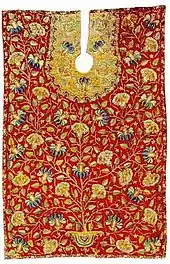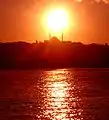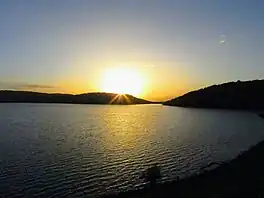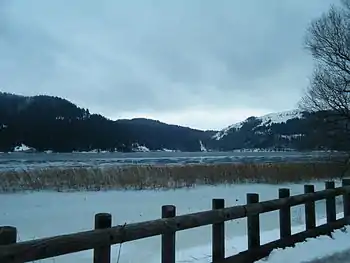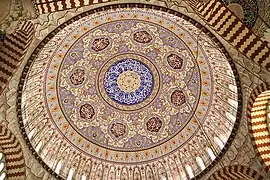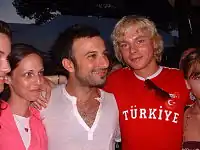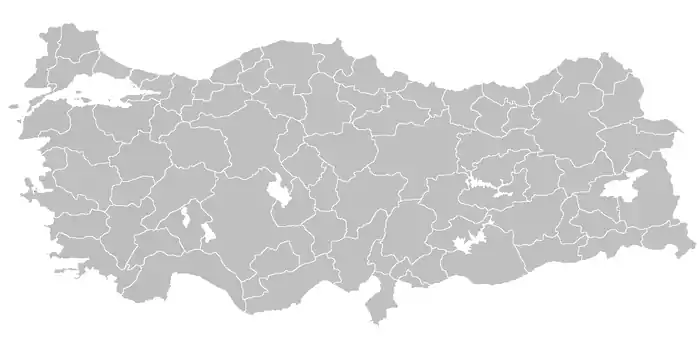Merhaba! Türkiye portalına hoşgeldiniz. Hi! Welcome to the Turkey portal.
 Flag of Turkey | |
.svg.png.webp) | |
Turkey, officially the Republic of Türkiye (Turkish: Türkiye Cumhuriyeti [ˈtyɾcije dʒumˈhuːɾijeti] ⓘ), is a country in Southeast Europe and West Asia. It is mainly on the Anatolian Peninsula in West Asia, with a small portion called East Thrace on the Balkan Peninsula in Southeast Europe. It borders the Black Sea to the north; Georgia to the northeast; Armenia, Azerbaijan, and Iran to the east; Iraq to the southeast; Syria and the Mediterranean Sea to the south; the Aegean Sea to the west; and Greece and Bulgaria to the northwest. Cyprus is off the south coast. Most of the country's citizens are ethnic Turks, while Kurds are the largest ethnic minority. Ankara is Turkey's capital and second-largest city, while Istanbul is its largest city and economic and financial centre, as well as the largest city in Europe.
One of the world's earliest permanently settled regions, present-day Turkey is home to important Neolithic sites like Göbekli Tepe and was inhabited by ancient civilizations including the Hattians, Hittites, Anatolian peoples, Greeks, Assyrians, and Persians. Following the conquests of Alexander the Great which started the Hellenistic period, most of the ancient Anatolian regions were culturally Hellenized, and this continued during the Byzantine era. The Seljuk Turks began migrating to Anatolia in the 11th century, which started the Turkification process. The Seljuk Sultanate of Rum ruled Anatolia until the Mongol invasion in 1243, when it disintegrated into small Turkish principalities. Beginning in the late 13th century, the Ottomans united the principalities and conquered the Balkans. After Mehmed II conquered Constantinople (now Istanbul) in 1453, Ottoman expansion continued under Selim I. During the reign of Suleiman the Magnificent, the Ottoman Empire became a global power.
From the late 18th century onwards, the empire's power and territory declined. Mahmud II started a period of modernization in the early 19th century. The Young Turk Revolution of 1908 restricted the authority of the sultan and restored the Ottoman Parliament. The Three Pashas took control with the 1913 coup d'état, and the Ottoman Empire entered World War I as one of the Central Powers in 1914. During the war, the Ottoman government committed genocides against its Armenian, Greek and Assyrian subjects. After its defeat in the war, the Ottoman Empire was partitioned. The Turkish War of Independence against the occupying Allied Powers resulted in the abolition of the sultanate on 1 November 1922, the signing of the Treaty of Lausanne on 24 July 1923 and the proclamation of a republic on 29 October 1923, modelled on the reforms initiated by the country's first president, Mustafa Kemal Atatürk.
Turkey is a regional power with a geopolitically significant strategic location. The economy of Turkey, which is a founding member of the OECD and G20, is classified among the E7, EAGLEs and NICs, and currently ranks 17th-largest in the world by nominal GDP and 11th-largest by PPP. Turkey is a charter member of the United Nations, the IMF and the World Bank; a founding member of the OSCE, OIC, BSEC, ECO, MIKTA, TURKSOY and OTS; and an early member of NATO. After becoming one of the early members of the Council of Europe in 1950, Turkey became an associate member of the EEC in 1963, joined the EU Customs Union in 1995, and started accession negotiations with the European Union in 2005. Turkey is home to 21 UNESCO World Heritage Sites and is the fourth most visited country in the world. (Full article...)
Selected article -
The burning of Smyrna (Greek: Καταστροφή της Σμύρνης, "Smyrna Catastrophe"; Turkish: 1922 İzmir Yangını, "1922 Izmir Fire"; Armenian: Զմիւռնիոյ Մեծ Հրդեհ, Zmyuṙnio Mets Hrdeh) destroyed much of the port city of Smyrna (modern İzmir, Turkey) in September 1922. Eyewitness reports state that the fire began on 13 September 1922 and lasted until it was largely extinguished on 22 September. It began four days after the Turkish military captured the city on 9 September, effectively ending the Greco-Turkish War, more than three years after the landing of Greek army troops at Smyrna on 15 May 1919. Estimated Greek and Armenian deaths resulting from the fire range from 10,000 to 125,000.
Approximately 80,000 to 400,000 Greek and Armenian refugees crammed the waterfront to escape from the fire. They were forced to remain there under harsh conditions for nearly two weeks. Turkish troops and irregulars had started committing massacres and atrocities against the Greek and Armenian population in the city before the outbreak of the fire. Many women were raped. Tens of thousands of Greek and Armenian men were subsequently deported into the interior of Anatolia, where most of them died in harsh conditions. (Full article...)General images
Did you know -
- ... that the church of Hagia Thekla in Constantinople, now a mosque, was rebuilt by Emperor Isaac I Komnenos as thanks for surviving a hunting accident? (January 15, 2008) Wikipedia:Recent additions 200
- ... that Turkish swimmer Derya Büyükuncu is participating at the Summer Olympics for the sixth consecutive time? (July 30, 2012)
- ... that in the Night Attack skirmish, Vlad III Dracula is said to have been "one of the first European crusaders to use gunpowder in a deadly artistic way"? (April 26, 2006) Wikipedia:Recent additions 63
- ... that 14th-century Turkish polymath Al-Taftazani completed one of his best-known works at the age of 16? (December 22, 2008) Wikipedia:Recent additions 237
- ... that Karaköy, part of ancient Galata, and an important commercial and transport center at the Golden Horn, was the birthplace of André Chénier, a French poet beheaded during the French Revolution? (March 16, 2007) Wikipedia:Recent additions 127
- ... that the Valens Aqueduct was the major water-providing system of medieval Constantinople and Ottoman Istanbul? (February 16, 2008) Wikipedia:Recent additions 206
- ... that the prosecution of writer and poet Perihan Magden for urging defiance of mandatory military service has complicated Turkey's negotiations for membership in the European Union? (June 11, 2006) Wikipedia:Recent additions 71
Selected picture
Selected biography -
Mustafa İsmet İnönü (Turkish pronunciation: [isˈmet ˈinœny]; 24 September 1884 – 25 December 1973) was a Turkish army officer and statesman who served as the second president of Turkey from 11 November 1938 to 22 May 1950, and as its prime minister three times: from 1923 to 1924, 1925 to 1937, and 1961 to 1965.
İnönü is acknowledged by many as Mustafa Kemal Atatürk's right-hand man, with their friendship going back to the Caucasus campaign. In the Greco-Turkish War of 1919–1922, he served as the first chief of the General Staff from 1922 to 1924 for the regular Turkish army, during which he commanded forces during the First and Second Battles of İnönü. Atatürk bestowed İsmet with the surname İnönü, the site of the battles, when the 1934 Surname Law was adopted. He was also chief negotiator in the Mudanya and Lausanne conferences for the Ankara government, successfully negotiating away the Sevre treaty for the Treaty of Lausanne. As his prime minister for most of his presidency, İnönü executed many of Atatürk's modernizing and nationalist reforms. İnönü gave the orders to carry out the Zilan Massacre. (Full article...)Selected video -
Selected quote -
| “ | A satiated man doesn't know what's hunger, a healthy man doesn't know what's disease. | ” |
Recognized content
Provinces
Topics
Categories
Related portals
Religions in Turkey
Neighbouring countries
Countries with related heritage
WikiProjects
- European Union WikiProject
- Ottoman military history WikiProject
- Greek and Turkish wikipedians cooperation board
- European history WikiProject
- Eastern Europe WikiProject · Caucasia WikiProject
- Balkan military history WikiProject
- Islam WikiProject
- Countries WikiProject · Western Asia WikiProject
- Ancient Near East WikiProject
- Geography WikiProject
Turkish wikipedia
 |
There is a Turkish version of Wikipedia, the free encyclopedia. |
Wikimedia
The following Wikimedia Foundation sister projects provide more on this subject:
-
 Commons
Commons
Free media repository -
 Wikibooks
Wikibooks
Free textbooks and manuals -
 Wikidata
Wikidata
Free knowledge base -
 Wikinews
Wikinews
Free-content news -
 Wikiquote
Wikiquote
Collection of quotations -
 Wikisource
Wikisource
Free-content library -
 Wikiversity
Wikiversity
Free learning tools -
 Wikivoyage
Wikivoyage
Free travel guide -
 Wiktionary
Wiktionary
Dictionary and thesaurus
-
 List of all portals
List of all portals -

-

-

-

-

-

-

-

-

-
 Random portal
Random portal -
 WikiProject Portals
WikiProject Portals


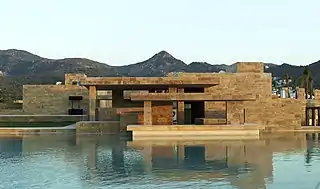

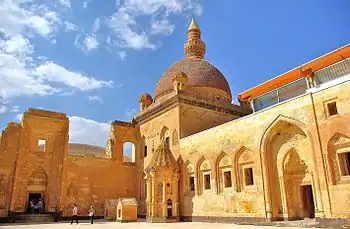
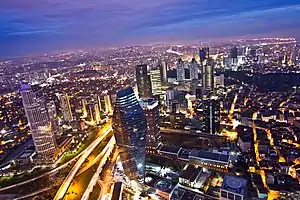
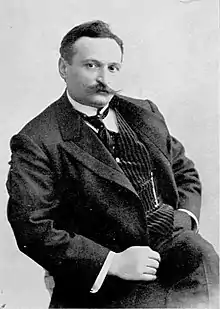
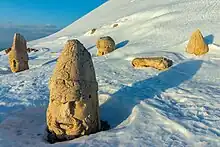
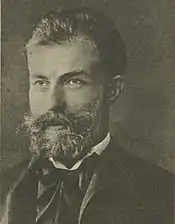
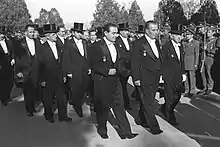
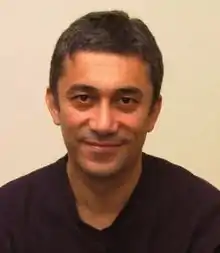
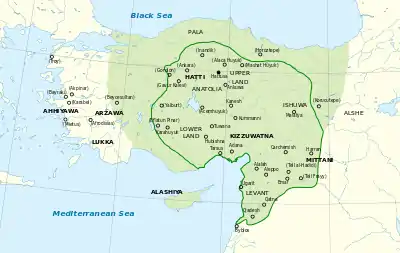

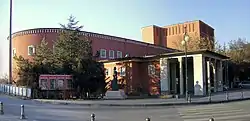
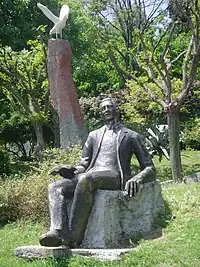
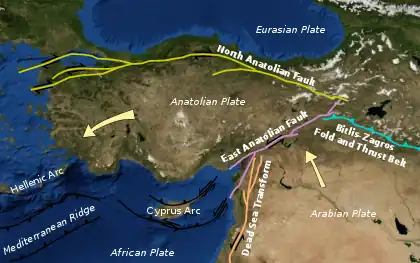
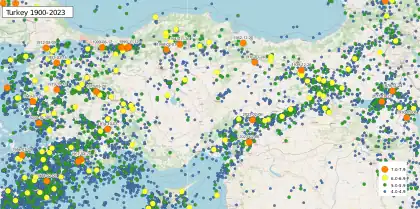
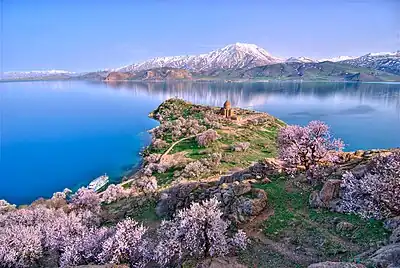
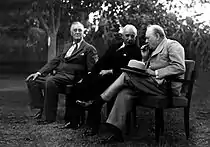
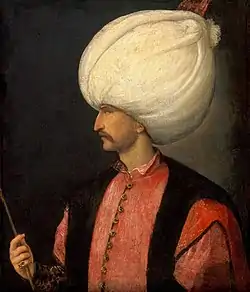
.jpg.webp)
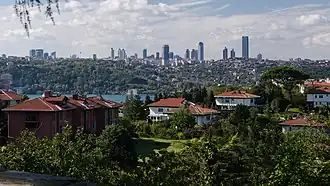
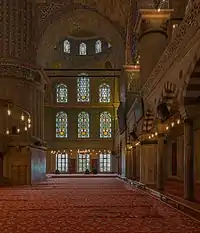
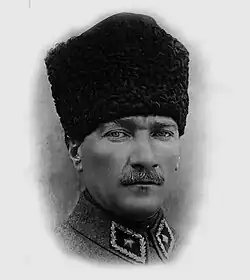
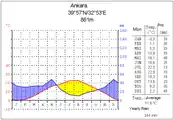
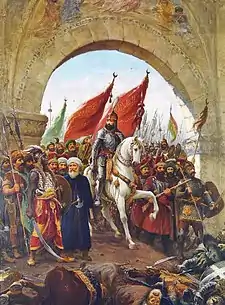
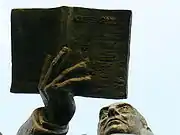
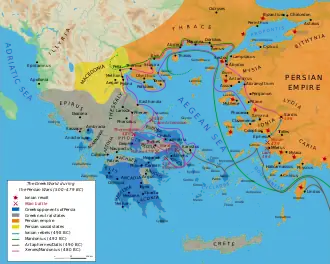
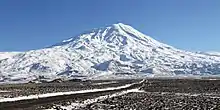
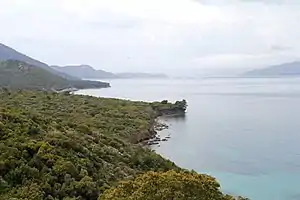
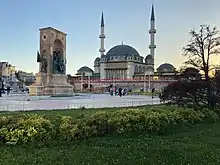
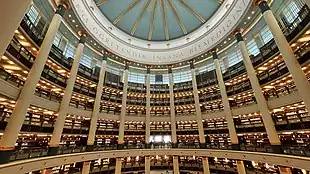
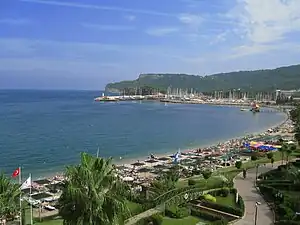
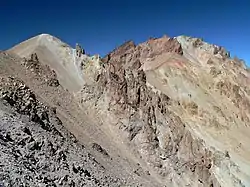
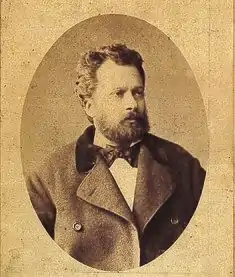
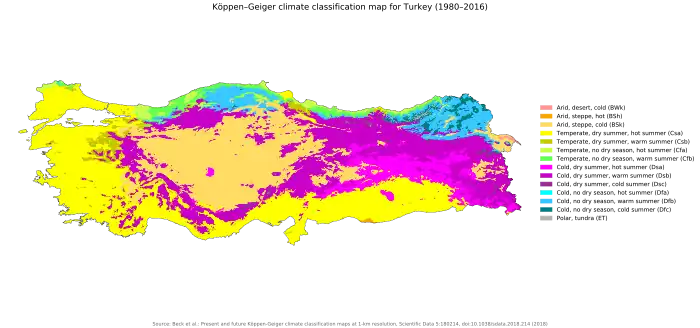
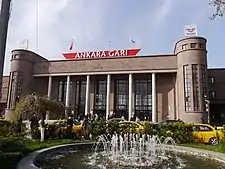
.jpg.webp)
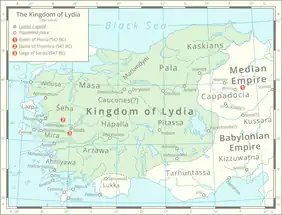
.jpg.webp)
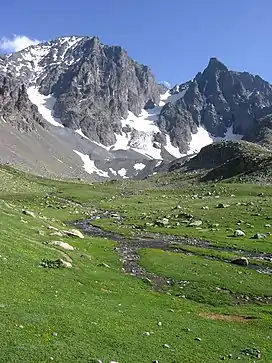
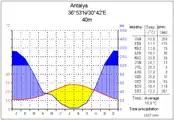

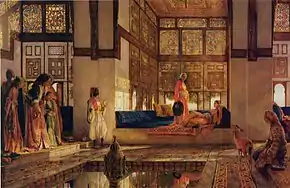
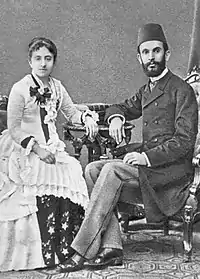
.jpg.webp)


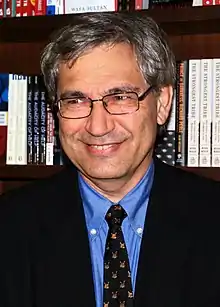
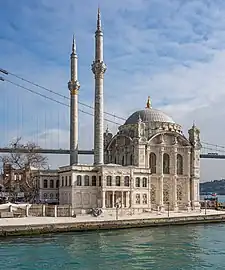

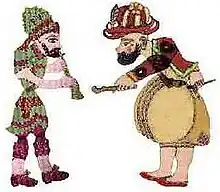
.jpg.webp)
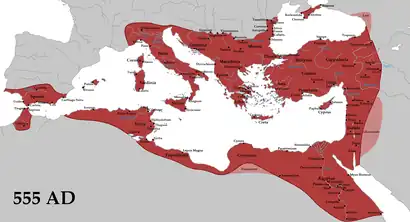
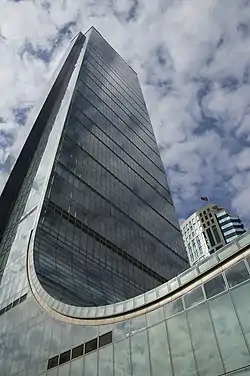
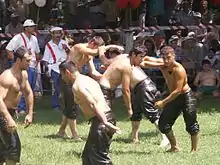

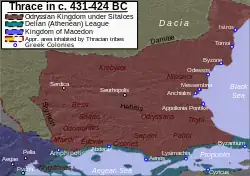
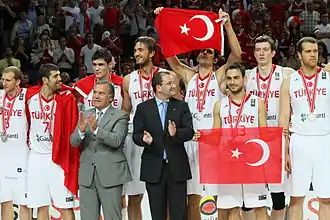
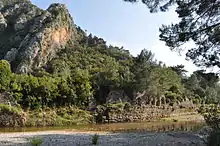
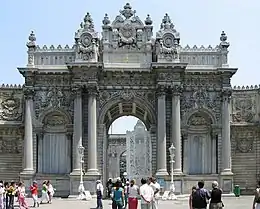
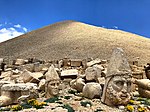
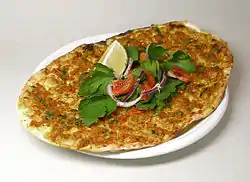
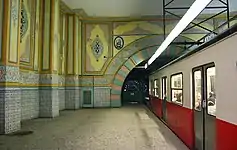
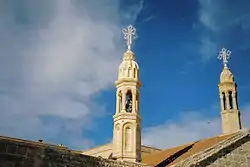
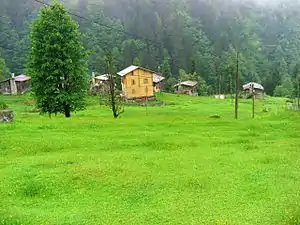

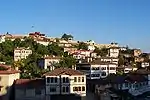


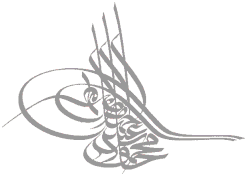


.jpg.webp)
